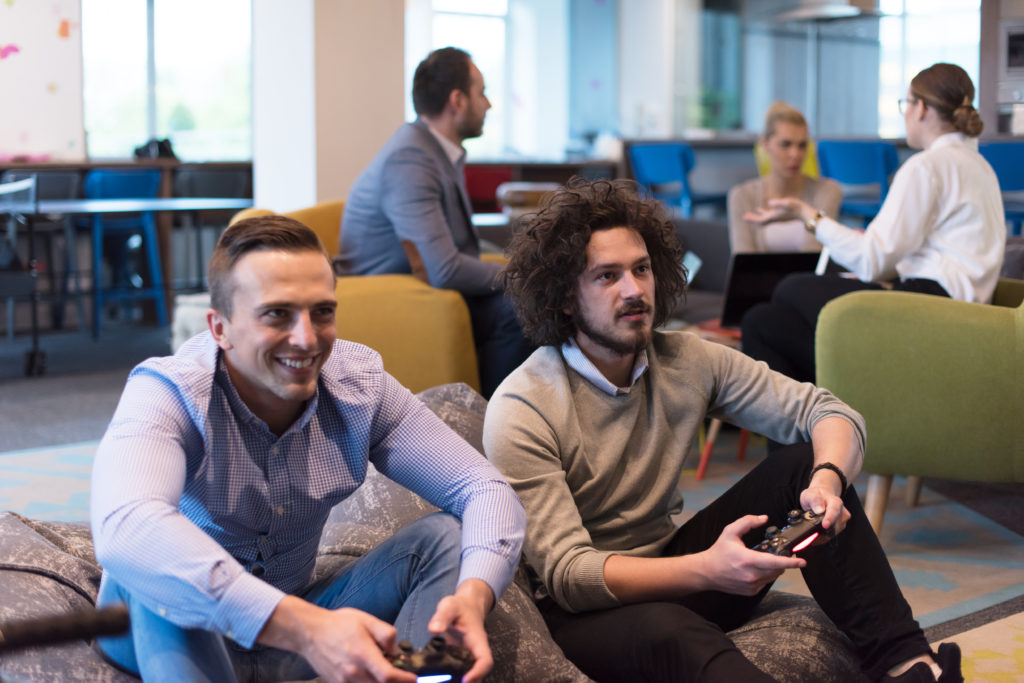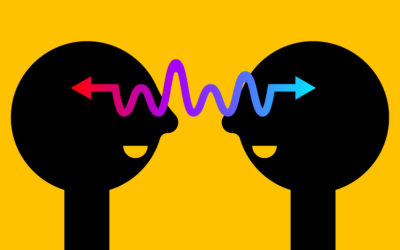Quick Hits
Daily brief research updates from the cognitive sciences

We all know the phrase “work hard, play hard” and this drew my attention when I stumbled across some research actually looking into this – and whether this is a good thing or bad thing. There is after all a counter argument to this the “burn the candle at both ends” argument whereby doing too much, and too many different things, leads to a rapid deterioration.
Lonnie Anderson and Laura Crimi of Queen’s University, Ontario, Canada decided to investigate the relationship between these motivations and published their results in 2016. They asked 1’400 participants about their age, gender, religious, and cultural background. They then asked about their attraction to religion, parenthood, accomplishment (or fame), and recreation.
What did they find?
The correlations were interesting for a number of reasons. There was a correlation between most of the factors. This suggests that higher motivation in general leads to higher desire and application in all areas. This is something we have seen at leading brains with our data into high performers in the workplace. They seem to have higher motivation in everything.
What they did find in addition, however, was three clear groupings of individuals:
- Those that were apathetic and had lower motivation in all areas
- Those that were “community” based – attracted to religion and family
- Those that were go-getters attracted to achievement, family, and leisure
This is interesting because this in part matches our internal data we have collected at leading brain but suggests that those high on achievement are attracted to multiple different forms of this but also leisure in general not to mention family.
Aarssen and Crimi assigned this to mortality salience i.e. by being highly engaged this distracts form confronting your own mortality. However, I disagree, based my in-depth work and analysis of the brain and motivation, and I see these as natural high activation and motivation patterns which then tends to manifest in different areas in life. We saw in our data that those high on motivation generally had high motivation in everything.
It’s likely to stay relatively stable over life – but that will be for another piece of research. And I see that Aarssen has not published anything else on this vein – maybe that’s something for me then!
But this suggests that work hard and play hard is more of personality trait than good advice. Those who are highly motivated are highly motivated in both work and leisure aspects●

Andy Habermacher
Andy is author of leading brains Review, Neuroleadership, and multiple other books. He has been intensively involved in writing and research into neuroleadership and is considered one of Europe’s leading experts. He is also a well-known public speaker speaking on the brain and human behaviour.
Andy is also a masters athlete (middle distance running) and competes regularly at international competitions (and holds a few national records in his age category).
Reference
Lonnie W. Aarssen, Laura Crimi.
Legacy, Leisure and the ‘Work Hard – Play Hard’ Hypothesis.
The Open Psychology Journal, 2016; 9 (1): 7
DOI: 10.2174/1874350101609010007
More Quick Hits
The Surprising Effectiveness of Coaching in Diminishing Burnout Symptoms
Different areas of the brain are associated with empathy – this new research shows how brain regions synchronise to induce empathic responses.
When Love Overrides Other Needs
Different areas of the brain are associated with empathy – this new research shows how brain regions synchronise to induce empathic responses.
The Negative Social Impact of Dealing with AI in the Workplace
Different areas of the brain are associated with empathy – this new research shows how brain regions synchronise to induce empathic responses.
How the Gut Influences Brain Development in Babies
Different areas of the brain are associated with empathy – this new research shows how brain regions synchronise to induce empathic responses.
Your Brain’s Own Cannabinoid Molecules Calm You Down
Different areas of the brain are associated with empathy – this new research shows how brain regions synchronise to induce empathic responses.
Role of Dopamine in Speed and Accuracy of Decisions
Different areas of the brain are associated with empathy – this new research shows how brain regions synchronise to induce empathic responses.






